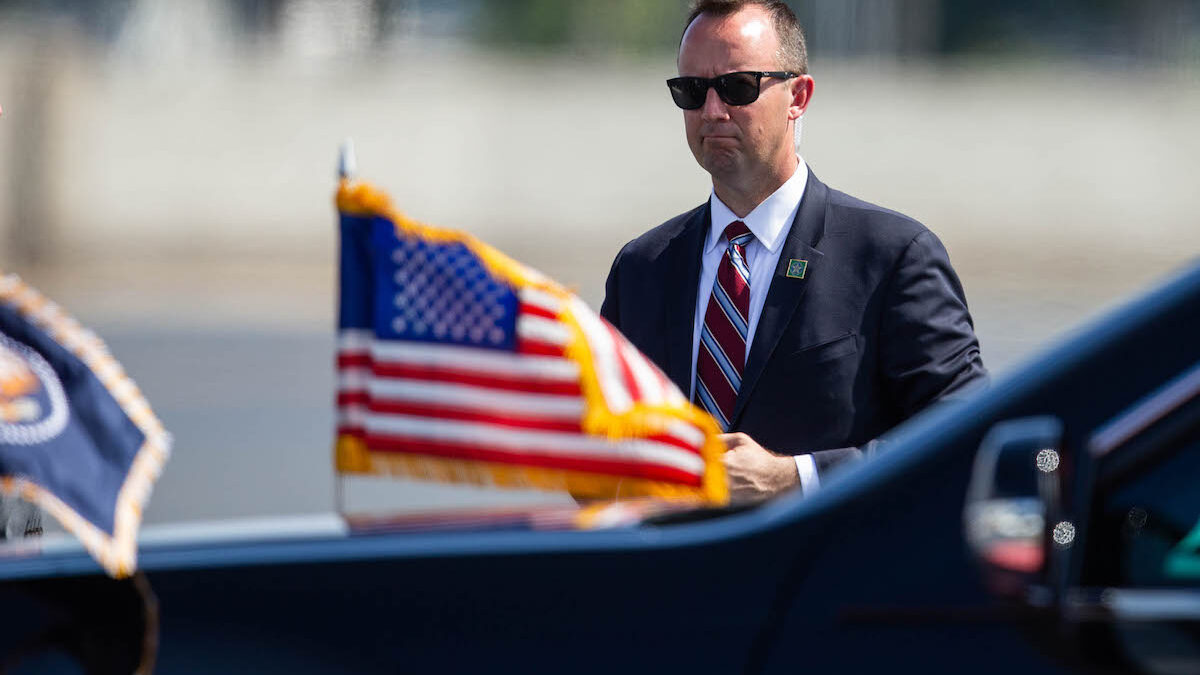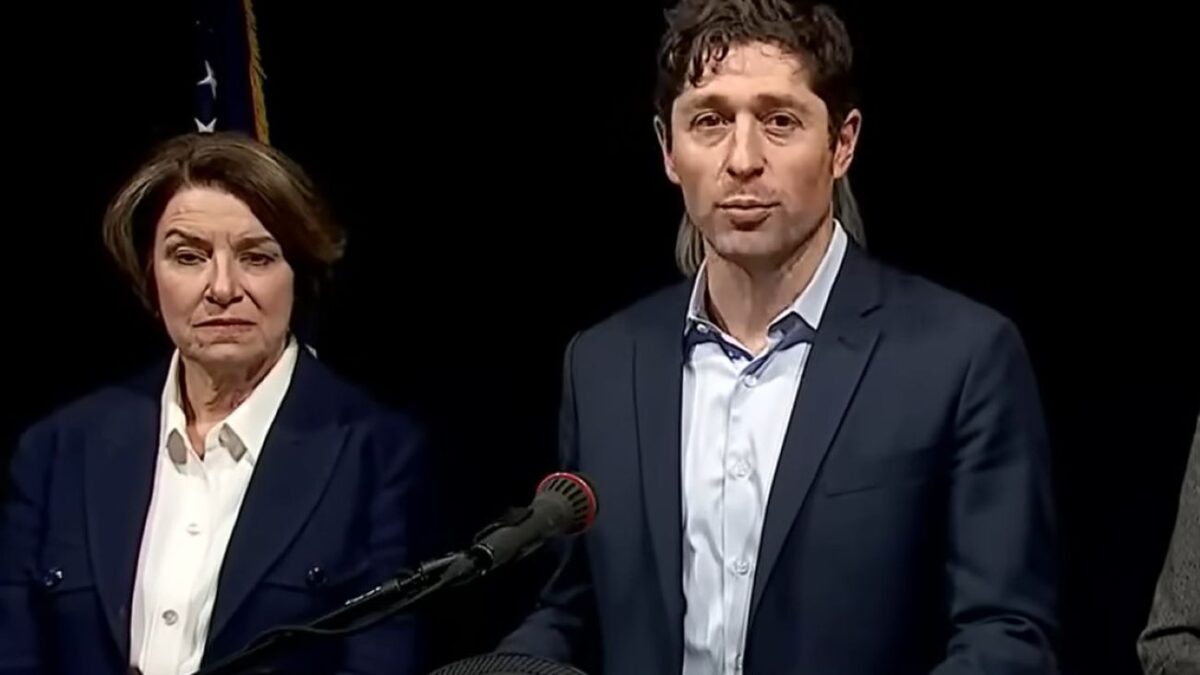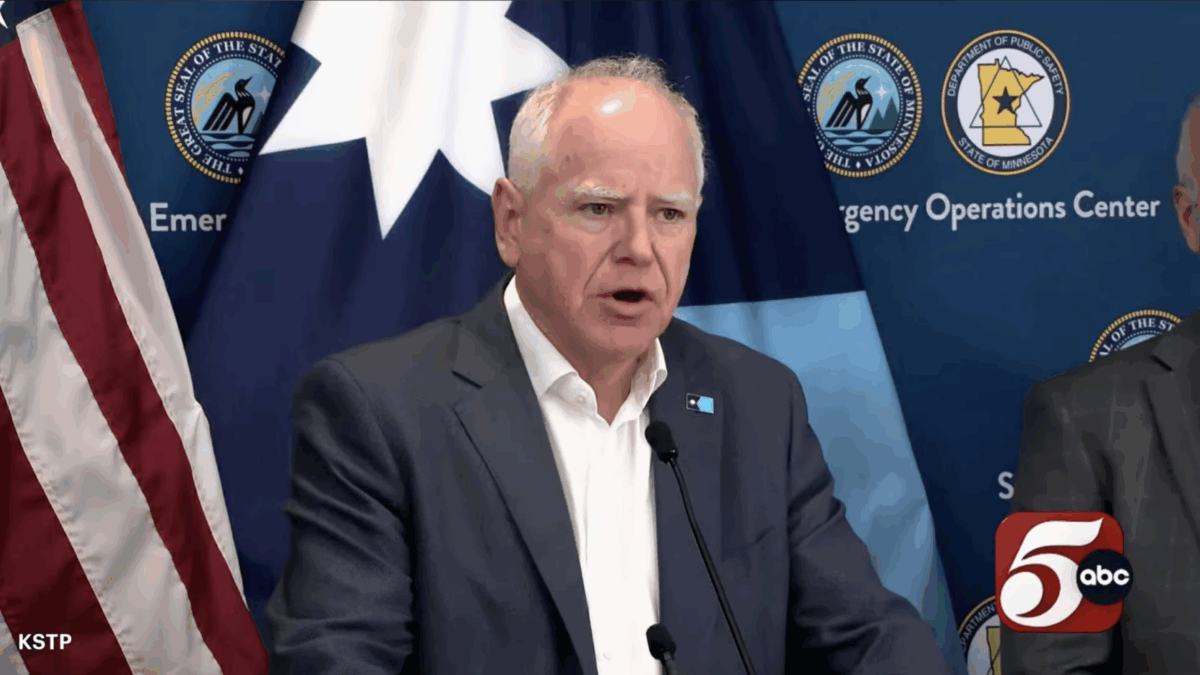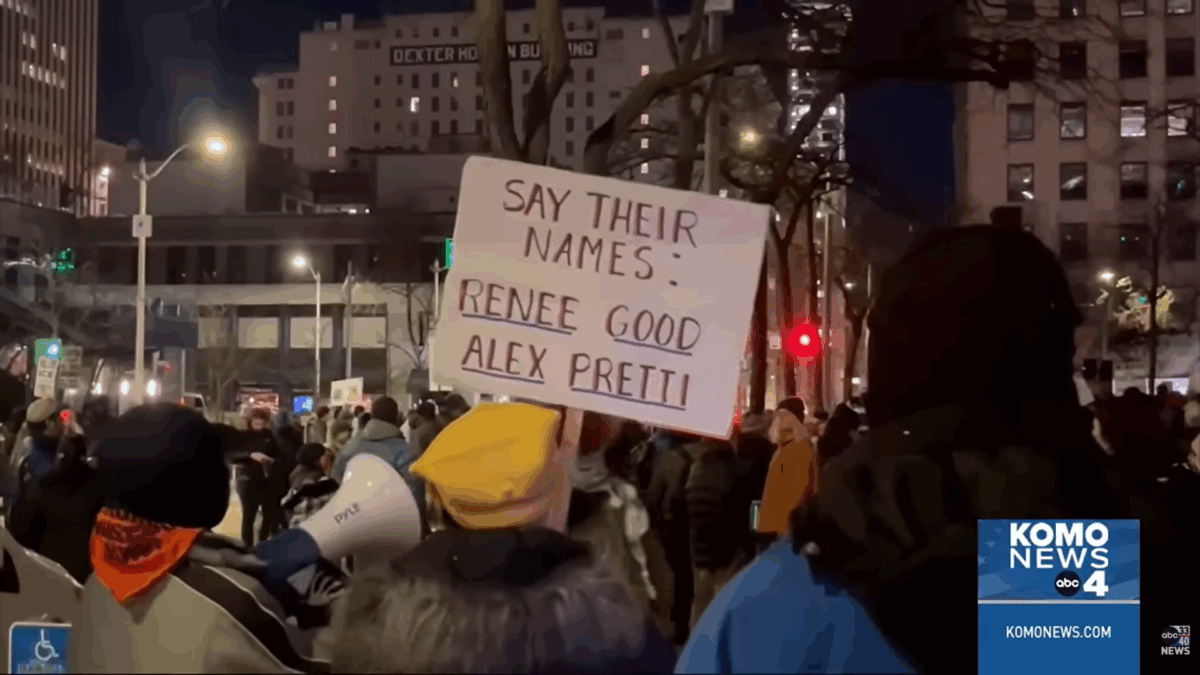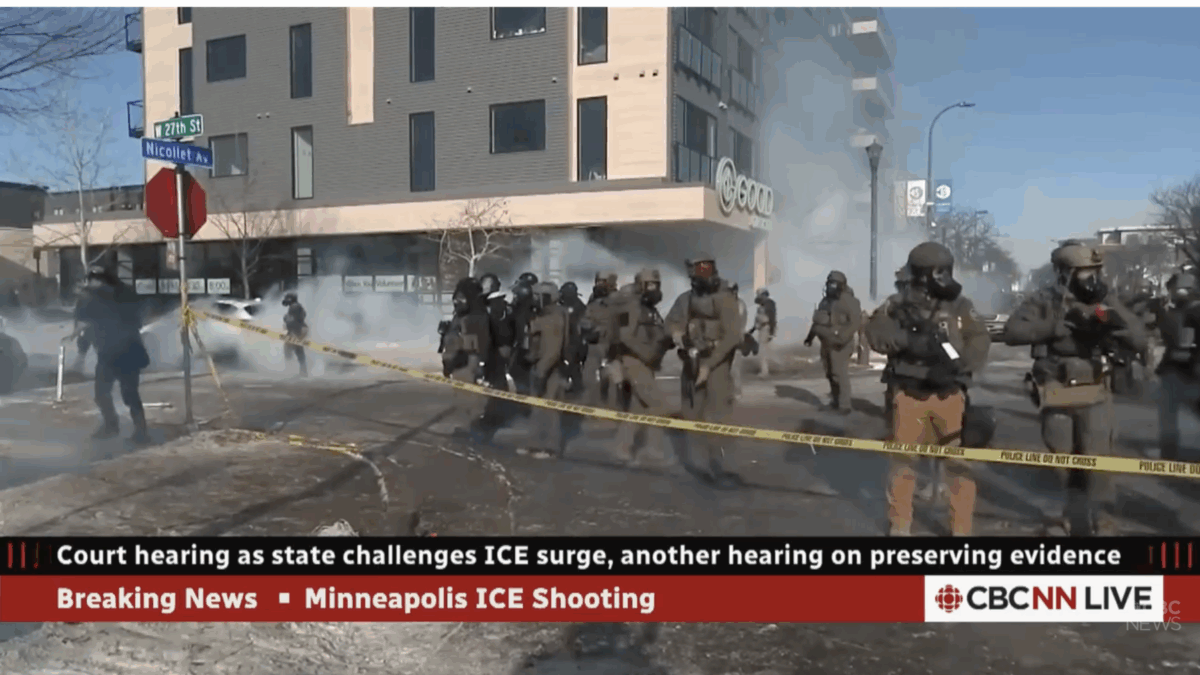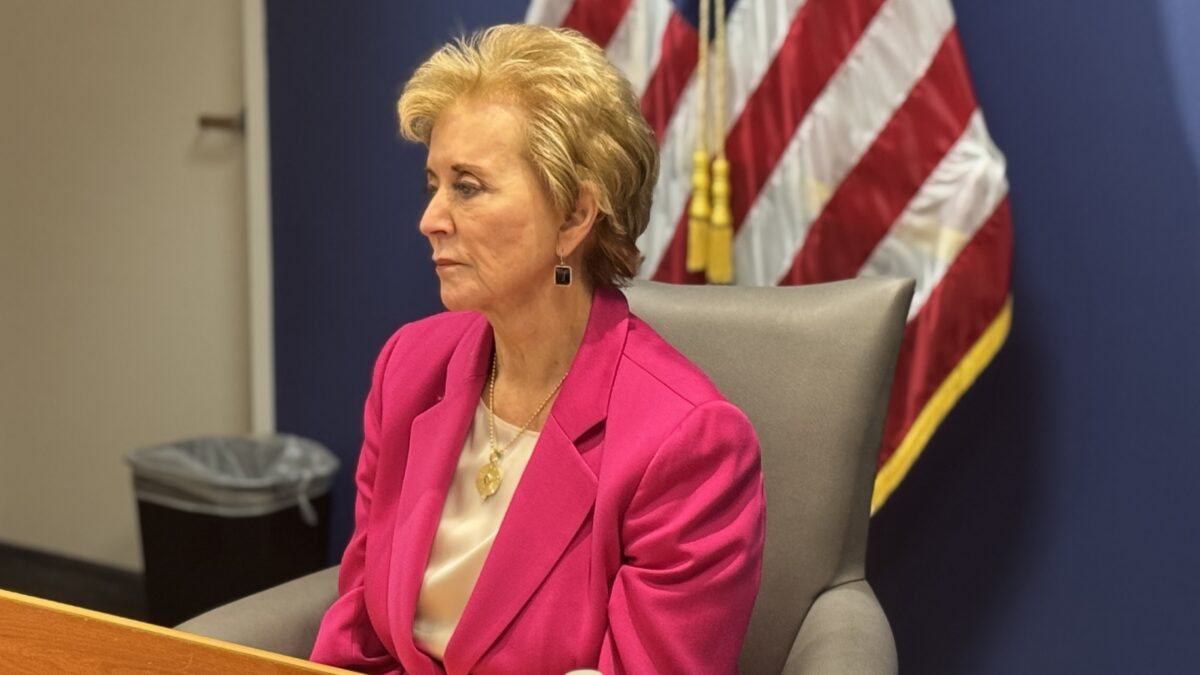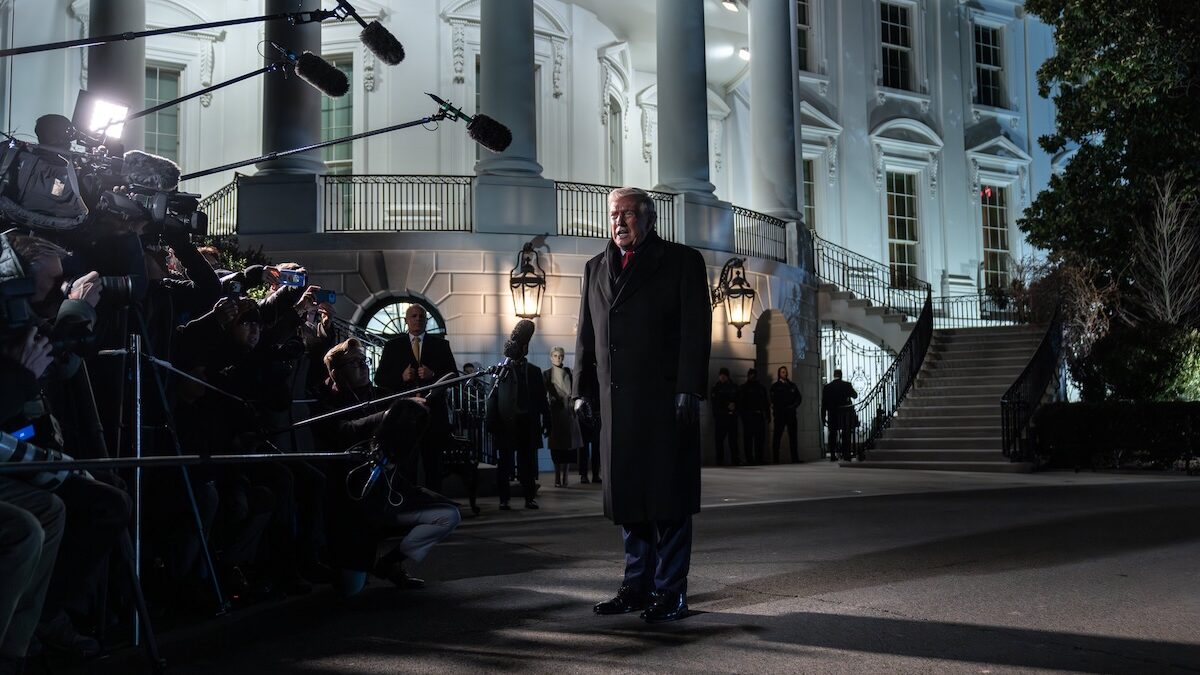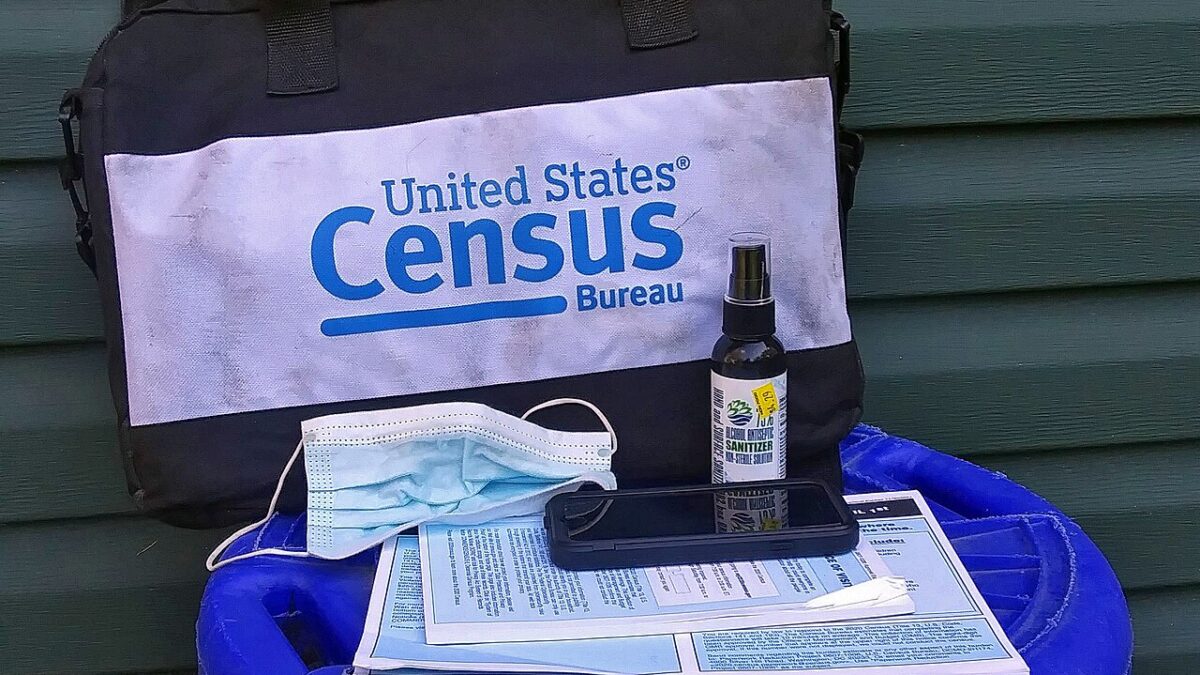This is a rough transcript from “The Federalist Radio Hour” episode with Senior Elections Correspondent Matt Kittle and Ken Valentine, former Secret Service special agent and author of the book Cheating Death: Three-Time Presidential Secret Service Agent Lives To Tell You How. Listen to “Retired Secret Service Agent Weighs In On Trump Assassination Attempt” here.
Matt Kittle: I can’t think of a more timely conversation to have right now. This book offers a unique view into, by design, a secret world. Ken, thank you so much for joining us on “The Federalist Radio Hour.”
Ken Valentine: Matt, I’m going to say it’s a pleasure to be with you, although it’s a tough time to use the word pleasure. Certainly had no idea when the book was published in April, that we would come so close to not cheating death in the Secret Service, and so it’s timely and appropriate to be with you. Thank you.
MK: Scary times these are and all the more scarier by what we saw, obviously, on Saturday in Pennsylvania. Just covering the Republican National Committee convention, I keep hearing the word “miracle” over and over again. I don’t think it’s hyperbole. I think that the miraculous series of events kept the former president and the GOP’s presidential nominee from serious harm’s way, or an assassination, which is indeed what was the goal here by a killer. It would seem to me, and a lot of people are asking the same questions, that this was an abject failure by the U.S. Secret Service. As a former agent, what say you?
KV: Well, first of all, I agree with your perspective that as a born-again believer in Jesus Christ and God Almighty, I believe that His hand was upon that situation and that God saved President Trump. And I am thankful to him for that. With respect to failure, it’s hard not to use the word “failure” when the person you’ve been given the mission and the privilege and the responsibility to protect is whisked off the stage bleeding from a gunshot wound. So failure is in the air there. Prevention, Plan A, that’s the mission and the goal of the Secret Service, to prevent, to thwart, to make sure that these things don’t happen. Plan B is reaction. But action is always faster than reaction. And so what you saw in the reaction was really outstanding, in my opinion. That is what I did. I was a protection agent with three different presidents and others in a 24-year career. What you saw was exactly how we trained. I think the word “heroic” is appropriate to describe the reaction from the shift working former President Trump. To jump up while bullets are still in the air and to cover and then evacuate. They did it textbook, according to training. But this should have been prevented, and there’s no question, that there is some there with respect to what failures happened. I don’t think this is going to be a hard investigation to figure out what was the agreed-upon plan, and then where did that plan either not measure up or was not followed.
MK: My boss, Sean Davis, doesn’t hold back — he rarely does — in a piece this week that he wrote for The Federalist criticizing the Secret Service. But more than that, what he sees as a starving of resources from the Biden Administration to appropriately fund the service to begin with. So, it’s not only a matter of what happened that day, but what has happened, according to Sean, in recent months as it involves a former president, and for a long time. He writes:
“They kept the rooftop open. They watched the shooter and did nothing. They kept Trump on the stage. And they didn’t do a damn thing until after he had been shot in the head. And we’re supposed to believe it was just an innocent oopsie?”
MK: He’s not alone in some of these these concerns. What do you think about that?
KV: I think those are all very fair questions at this point, and what I’m looking for, and I’ll say sarcastically awaiting a response to, is the internal memo where the DHS Secretary says to the Secret Service Director “you have our full support with all the resources that you need to do the mission, the singular mission of protecting the people that you’re assigned to protect, including the former president. And don’t worry about the budget, focus on the mission. Make it your priority and get it done.” And I suspect that the memo does not exist. I suspect that there were calls for resources that were noted, and if that’s the case, then that is certainly one of the biggest failures that are going to come out of this.
With respect to the rooftop, that’s a harder call. It’s certainly a question, and it’s an easy thing to look at and say “Why wasn’t the rooftop protected?” My preference would be to not have someone on that rooftop. That there would be someone preventing anyone from getting near the building. That you wouldn’t have an opportunity to get on the rooftop, because an officer on the rooftop is very vulnerable, and I want that officer down on the ground with partners to make sure that nobody comes close to that rooftop. There is technology that could have alerted law enforcement and the Secret Service to the presence of explosives in [the shooter’s] vehicle and a loaded AR-15 magazine way before he ever got out of his car or approached that building. And so molecular resonance would have done that and we’re going to have to incorporate that into the mix. Relying on humans to do security has been the way it’s always been done, but there are just so many better ways to do it now, and molecular resonance would have helped.
MK: You’ve worked to protect and secure three presidents. Who are those presidents? Have you known or worked with Ms. Cheatle at the Secret Service?
KV: I was with President Bill Clinton in his last year in office. And when I was there, it was a five-year assignment. I was there when President George W. Bush came in, and I remained with him for four years. In fact, my last day there was his inauguration, his second inauguration, and that’s the cover of the book, ironically. And then I went back as a supervisor right as President Obama came into office. Kim Cheatle, who I count among my friends, was in my chain of command. She was my boss when I came back to D.C. the last time as the special agent in charge of the dignitary protective division, and she was the assistant director at that point over protective operations.
MK: What do you say of her assertions that she did not want an agent, or agents, up on the rooftop, it was sloped? The argument was that someone could get hurt up on that sloped rooftop. There’s been a lot of pushback against that statement.
KV: I think you can look at where our snipers were, and the fact that our snipers were able to make a perfect shot on a roof that was more slanted tells me that a less slanted roof would make a fine spot for a shooter. I don’t understand that statement. I’m not sure where that came from, and I’m sorry she said that, because she’s going to have to own that going forward, just like many other things. But yeah, a slanted rooftop might be the perfect place for a shooter. So, I don’t see how that has anything to do with it.
MK: I hope this is not misunderstood. I don’t want anybody to have to face what President Trump faced in Pennsylvania. I don’t care if I disagree with them politically. It is a sad state of affairs that that’s where we’re at in America. That said, there’s been a lot of conversation in the last 48 hours or so about the diversion, perhaps, of protective services to get over to an event relatively close featuring the First Lady Jill Biden. Those resources, apparently were some of the resources that were typically at former President Trump’s rally. Can you speak to that, your experience on multiple events, and what that does for the Secret Service in terms of its resources?
KV: In my experience, that wouldn’t have happened. Certainly, we see changes in protective schedules that necessitate the moving of assets. You don’t remove assets from one protectee to make up for another. Once you create an advanced security plan, you really have to stick to that plan. If you determined ahead of time in your best estimating for example, “we need 50 agents to affect the security plan that everyone agreed upon.” Well, you don’t remove some of them and somehow come up at the last minute and say “Actually, we only need 40, and we’re going to divert 10 over here to this.” That just didn’t happen during my tenure, so I’m going to be disappointed if that took place. That would be outside of the experience that I enjoyed in the Secret Service.
MK: It’s a tough question, but it’s a tough time, and a lot of our readers and our listeners are asking that question. I’m also covering the Republican National Convention in Milwaukee, and the question comes up quite a bit. Obviously, Secret Service is around the perimeter of Milwaukee. It really is impressive. It really is thorough in terms of background checks. And obviously everything is on heightened alert at this point. But the question that comes up from what happened in Pennsylvania with all that occurred, and what appears to be lapses for some time and a lack of resources, arguably, is this more than just negligence? Is this willful negligence?
KV: I think, what you’re seeing in Milwaukee is the result of almost if not a full year of planning and coordination by the Secret Service as a result of designation for that event, which it always is, as a national special security event. And so the planning and the resources, the budget for that is immense, the coordination is immense, and the Secret Service is obviously in charge of security for that. The FBI is in charge of the intelligence for that event. So anything not designated as a national special security event is going to receive fewer resources and a shorter amount of time to plan and prepare.
For the event in Butler, Pennsylvania, my suspicion is that they had probably one week at the most to plan and prepare for that. And honestly, that’s plenty of time to do what was necessary in order to make that secure. And I think the investigation is going to show us what the agreements were and whether or not the agreements were upheld, if the protocols were followed. I really believe the Secret Service methodology is super solid. The question in my mind is, was the methodology followed?
I love to tell the story that one of my favorite things about the Secret Service was going out, doing those advances, because it’s really where you earn your money. And you set up the necessary infrastructure and architecture to prevent these things. The very first thing you do, no matter whether you show up to — Butler, Pennsylvania or to Los Angeles or to some small town in Mississippi, or overseas —is you contact the local police department and start collaborating. Honestly, it was so much fun. I enjoyed that aspect of what we did. It was our bread and butter. We’re very, very collaborative. We don’t come in and dictate “Here’s how we’re going to do this.” We come in and say, “Look, here’s the job to be done. Do you have any suggestions about how we might do that? And what resources are you bringing to the table with respect to that?”
Whether it was willful, I can’t strongly enough say that there’s nothing willful here on behalf of the agents: those who go out on the road and set these up. I just can’t even in my wildest imagination fathom that there was any kind of even negligence, really. They are very dedicated and they are very serious about the job that they’re given to do. But every advance is different, and every architecture and infrastructure is going to be different. The collaboration and the coordination are different. I think what we’re going to see in the aftermath is that either there was a lack of communication or there was a lack of information. Disappointing failures either way. At the end of the day, the Secret Service owns these events. And like I said, you do everything that you have to do to prevent, as Plan A. Plan B, we have the agents, the snipers, all of these in place as a backup, to react to this situation. And they perform heroically. But when the person you’re assigned to protect leaves with a gunshot wound, when people in that crowd are wounded and one of them is killed, then it’s hard to argue that failure is not the end result. Clearly.
MK: I’m sure you can understand the concern of those who have grave worries about the Biden administration. There’s a good deal of evidence to back up and corroborate these ideas, that this is an administration that has in many ways weaponized the Justice Department to target a political enemy. Certainly, the rhetoric is there, and the actions speak volumes as well with as many times now we can argue in this country about whether the former president did this or did that. But the question remains. We’ve seen so much of the political nature behind some of this stuff. But the concerns certainly are not lost on those who have paid attention to what’s happening over the last three and a half years. I’ll say it for what it is: this could have been an inside job. At least, that’s the argument.
KV: An inside job would really have to be well coordinated. I’m gonna have a hard time with that theory. What I will say, though, is just like my sarcastic comment about the memo that I’m looking for from DHS where they pledged their support and they pledged their resources and all that, I do think that if the priority of the Secret Service is not appreciated. Other priorities that I’ve been hearing about have been rammed down the throat of the Secret Service. That’s a problem.
My personal opinion is that ever since we moved from Treasury to DHS, the process of assimilating the Secret Service to the bottom of the DHS priority list has been pretty clear to me. At least, that is what I felt serving there until 2020. And you know, we’re lumped in with other agencies whose missions are important, but we’re fighting for resources, just like every other DHS entity. You do feel like you’re not a priority, your mission is not a priority, and that’s a shame. If we want to connect the dots to show that the lack of priority on the Secret Service and for the Secret Service to enable them to do their mission was pushed from the top down, then let’s call it what it is. That’s where I think that’s coming from.
MK: Let’s talk about that. It would seem that, based on my understanding and knowledge of history, the presidents you protected never had a situation quite like they had in Pennsylvania. But I’m sure you had your share of threats challenging you.
KV: You bet. Thankfully, praise God, I’ve never had to jump in front of live bullets. I’ve jumped in front of a lot of plastic bullets out of training, and planned and rehearsed and practiced this time and time again. But what you saw last Saturday, were these guys and girls doing this in real-time with live fire, and they did it just the way we rehearse.
One of my favorite sayings, and I use it in the book a lot, is “preparation meets opportunity.” The preparation that we’ve all undergone met with that opportunity. And they did perform well. The example that I used in the book was the night of 9/11. A lot of people don’t realize we evacuated the president upon intelligence suggesting that there was an airplane headed for the White House very late that night on 9/11 and there really was an airplane headed for The White House. So executed an evacuation with the President and the First Lady, which had never been done before, and the preparation met with the opportunity that night. It was a flawless evacuation. It was safely done with President Bush and First Lady Laura Bush, and so that’s important to me. I think you always keep your eye on the preparation because the opportunities are coming.
MK: It’s just amazing to think of the preparations. Amazing to think of all the training that is involved in this. Clearly you can’t talk about and there are things that Secret Service and law enforcement agencies aren’t going to talk about in security. What are those things? Now, as a retired member of the U.S. Secret Service team, can you tell us about what we might not know? There’s a lot we don’t know about the Secret Service and protection, by design, but there are some things that you can talk about that might surprise some folks.
KV: Day in and day out, people don’t have to think about the Secret Service. One of the things that I spoke about yesterday at the International Conference of Police Chaplains is it’s easy to think that in your job, maybe you don’t matter. I would beg to differ. But even a Secret Service agent, day in and day out, when you do your job perfectly, effectively, it was a great day. You might tend to think that you’re just breaking even. But especially in light of what happened the other day, when you can get your protectee back safely, not bleeding, then you cheated death, and you actually win.
We need to push that narrative, I feel like, on all people. People matter. You’re not just a clump of cells that doesn’t matter. I think in society, we’re seeing suicide rates and just this assault on one another. It’s unprecedented. If we don’t do our job effectively, if we don’t cheat death, it certainly awaits those we protect. That’s heavy upon Secret Service agents and cheating death was a term that we use to remind each other both of the importance of the mission, but also kind of a tongue-in-cheek way to just poke at each other and say keep the mission first, pay attention to detail, and let’s get the job done.
MK: I think context is important, as we mentioned before, and I think you just put your finger on something that is extremely important. It’s always been dangerous work trying to protect a president. It just seems to me that it’s become much more difficult these days, as heated and divided as it is in this country. Folks at the Secret Service are dealing with that reality every day. It’s a fascinating look inside the world of, as I mentioned before, by design, a secret agent agency to guard the lives of dignity in the United States.
